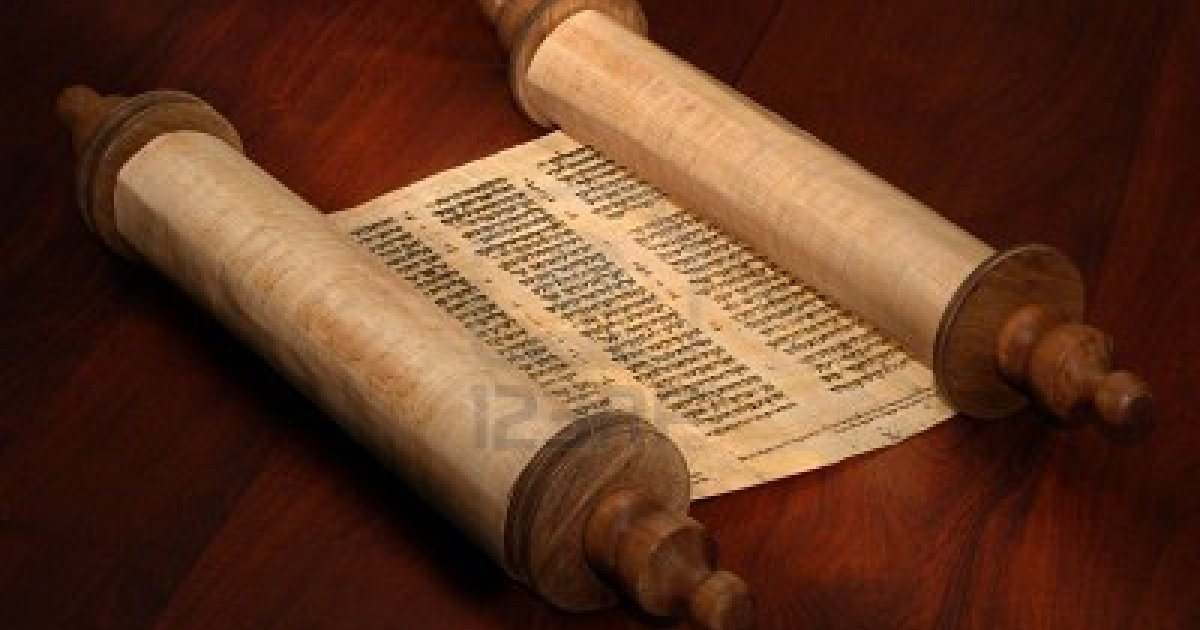Today's meditation: Christ is always present in his Church
Christ is always present in his Church, and especially in liturgical actions. He is present in the Sacrifice of the Mass as much in the person of the minister, "He who, having offered himself once on the cross, still offers himself for the ministry of priests", much, and in the highest degree, under the Eucharistic species. It is present with its virtue in the sacraments, so that when one baptizes it is Christ who baptizes. It is present in his word, since it is he who speaks when the Holy Scripture is read in the Church. Finally, he is present when the Church prays and sings the psalms, he who promised: "Where there are two or three gathered in my name, there I am, among them" (Mt 18:20).
In this work so great, with which perfect glory is given to God and men are sanctified, Christ always associates with himself the Church, his beloved bride, who prays him as his Lord and through him makes worship to the Eternal Father.
Therefore the Liturgy is rightly considered as the exercise of the priesthood of Jesus Christ; in it, by means of sensitive signs, the sanctification of man is signified and, in a way proper to them, and public and integral worship is exercised by the mystical Body of Jesus Christ, that is, by the Head and his members.
Therefore every liturgical celebration, as the work of Christ the priest and his Body, which is the Church, is a sacred action par excellence, and no other action of the Church, in the same way and to the same degree, equates its effectiveness.
In the earthly liturgy we participate, in anticipation of it, in the heavenly one, which is celebrated in the holy city of Jerusalem, towards which we tend as pilgrims and where Christ sits at the right hand of God as minister of the sanctuary and of the true tabernacle. Together with the multitude of heavenly choirs we sing the hymn of glory to the Lord; By revering the saints with veneration, we hope to share their condition to some extent and wait, as savior, for our Lord Jesus Christ, until he appears, our life, and we will appear with him in glory.
According to the apostolic tradition, which originates from the same day of Christ's resurrection, the Church celebrates the paschal mystery every eight days, in what is rightly called "day of the Lord" or "Sunday". On this day, in fact, the faithful must gather in assembly to listen to the word of God and participate in the Eucharist, and thus remember the passion, resurrection and glory of the Lord Jesus and give thanks to God who "regenerated them in living hope of the resurrection of Jesus Christ from the dead "(1 Pt 1, 3). Sunday is therefore the primordial feast which must be proposed and inculcated in the piety of the faithful, so that it is also a day of joy and rest from work. Other celebrations should not be put before it, unless they are of great importance, because Sunday is the foundation and nucleus of the whole liturgical year.
